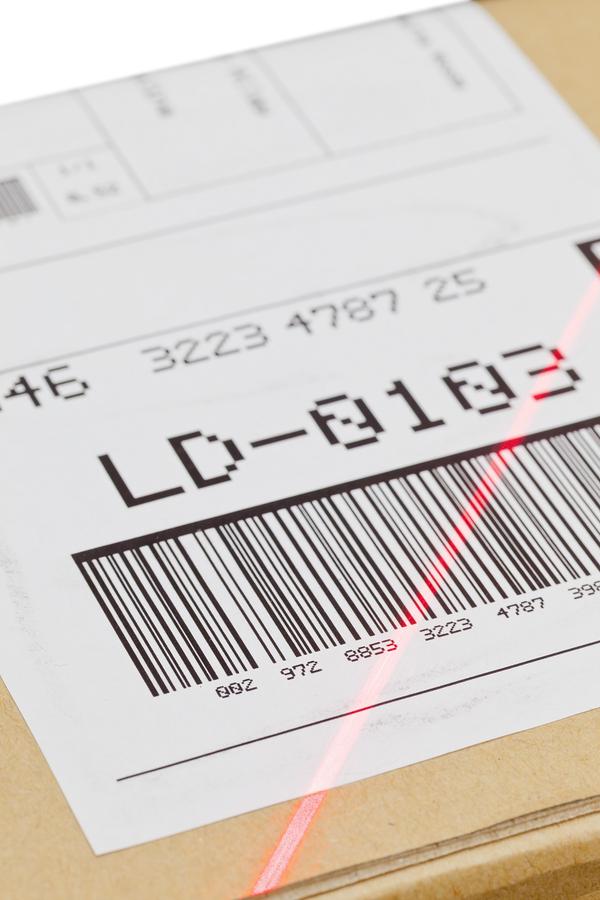Staying competitive in the ecommerce business relies greatly upon the logistics that you apply to your business’ operation. In par with this is offering hard-to-pass-up prices, low or free shipping, excellent customer service, a hassle-free returns policy and expedited fulfillment options.
The most successful online stores offer all of the aforementioned integers, a bode that serves to retain existing customers and attract prospective ones. Being able to know that you can get orders processed and out the door quickly is incremental to your success.
But many online stores are hindered by the lack of these ever apparent logistical necessities. Thankfully, there is an easier way to tackle the lengthy fulfillment process by introducing a simpler, faster and more accurate one-system method offered by modern day ship to label software.
Ditch the Two-System Process
Many ecommerce stores use a two-system process to tackle fulfillment. This means that they are picking and packing their outbound orders using multiple systems. One system typically generates the invoice, so items and can be pulled for packing. And the other usually generates the shipping to label and digital postage.
Thing is, this can cost you a lot more time and can contribute to errors. This is because you must match up each shipping label with a packing list before you can send out the parcels. But with a one-system method, the packing list and the ship-to label are printed together, saving you time and helping to improve accuracy.
By eradicating the two-system method, you’ll be able to get orders shipped quicker than ever before. Newer ship to labels aid in this effort, generating the ship to label and packing list on a standard 8.5”x11” sheet of paper, which is able to be printed from a laser or inkjet printer.
Imagine how much more quickly you’d be able to fulfill orders when you are not trying to match up two pieces of paper any longer. Sure, larger ecommerce stores likely have big fulfillment houses that they use to facilitate distribution of ordered goods. But most ecommerce stores are actual smaller mom and pop businesses.
If this happens to be the size of your store, or if you are still managing fulfillment in-house, then look to this better one-system method. You will find it enables improved organization of your wares and a faster fulfillment method.
It will also help with accuracy and will allow you to confidently expand your business, knowing that you will be able to meet the rising needs of your customers as your ecommerce store grows.
Parting Tips
When looking for software to generate ship to labels:
· Assure that the software is fully compatible with all major U.S. carriers.
· Make sure it will generate the labels on the universal shipping label forms that you will require.
· Conduct your due diligence before choosing any one software provider over the other.
Fortunately, most software makers offer a complementary trial, so you can assure that their solution is the right one for your needs.
Other Things to Consider
When searching for label software for your ship to labels, you will also want to consider using a complete solution. Check out what’s being offered by makers of shipping software. They almost always include a shipping label feature in their software.
Not all software is the same, by any means. So be sure to thoroughly review what the software can and can’t do. In particular, make sure that the software is compatible with the ecommerce platform that you are using.
One last word of advice is to read up on consumer reviews of the software before you buy it. Good software comes at a low monthly fee and does not necessitate a long term contract.












